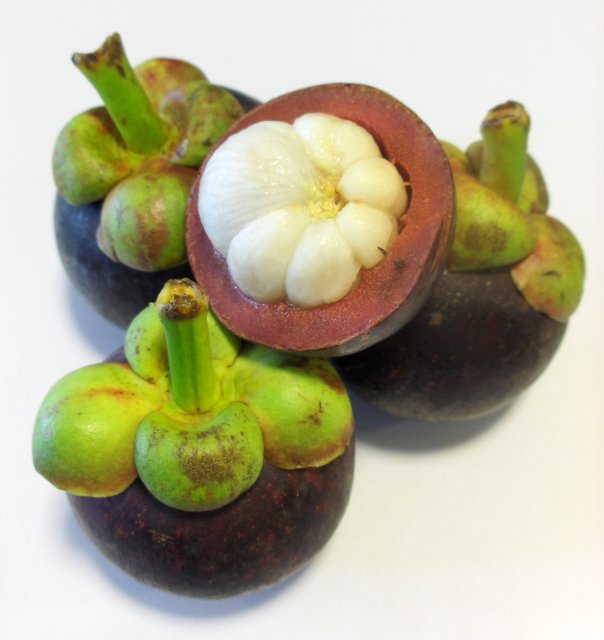The first half of this article was meant to expand our view on black music and in order to aid us towards this mindset, Back used many new terms, such as rhizome and outernational, and established that we need to examine more than just "the music itself" when it comes to black music. Due to their social situation, blacks were forced to seek other avenues for leisure and began to own their own clubs, which became microcosms of their society where they were able to control and create music that expressed themselves and make their views and opinions on local events known by using music. In the "Technology and sound system performance" section of the article, Back goes on to talk about the machinery used and the people involved with the equipment and music. The relationship between the MC and the crowd as he chooses which music gets played by determining the mood of the people present is comparable to the relationship between the DJ and the b-boy/b-girl in the Schloss article.
Discussion Question: How much of a role did England play in the development of the black music and dance discussed in the article? Would this development have been able to occur in other countries during the same time? Why or why not?
Subscribe to:
Post Comments (Atom)

No comments:
Post a Comment